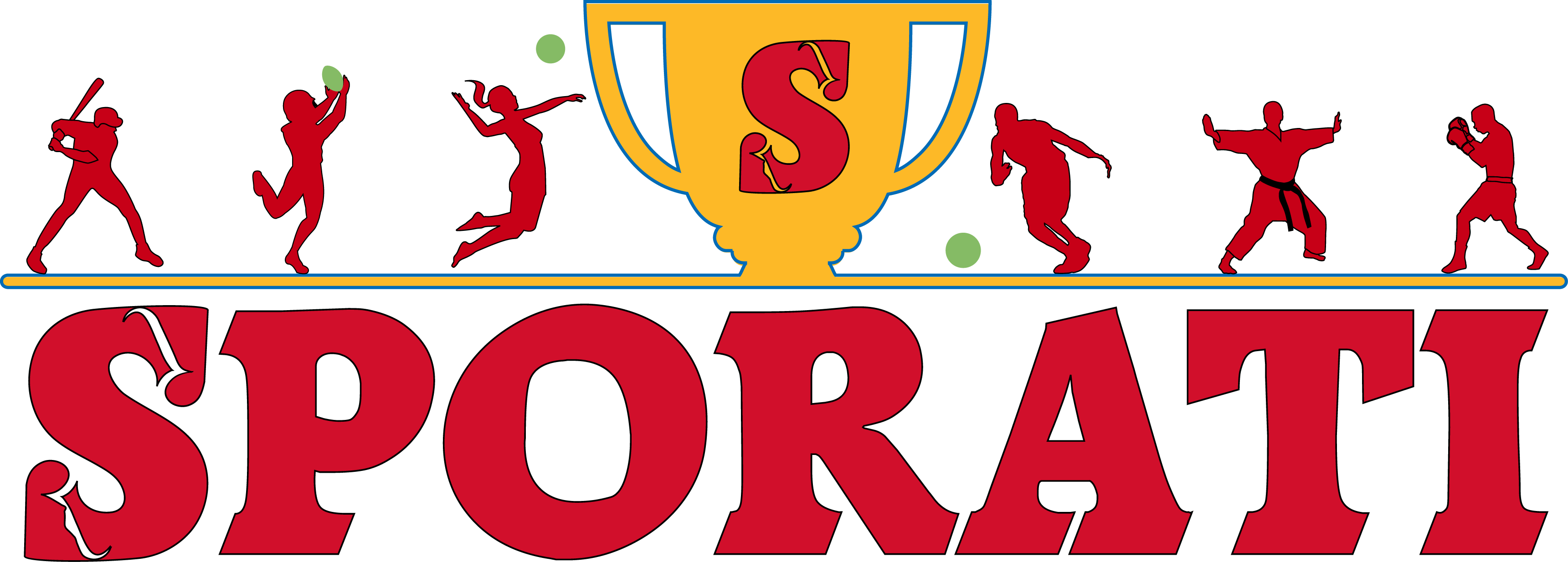Sports Boost Mental Health
Walk into any stadium on game day and you’ll hear the sounds of drums, cheers, and electric anticipation. But beyond the spectacle and scores, something deeper is unfolding – a powerful antidote to stress, anxiety, and mental fatigue. In case we needed another reason to get off the couch and onto the court or field, health experts are now strengthening the case for sports as a legitimate mental health booster.
It’s Not Just About Muscles – It’s About Mindset
We often associate sports with physical prowess – six-pack abs, toned legs, explosive sprints. But the benefits reach far beyond aesthetics. Engaging in sports has been scientifically linked to improved emotional resilience, cognitive function, and mental stability. Whether you’re hitting a forehand or scoring a goal, you’re also quieting your internal chaos.
Athletes, psychologists, and even healthcare providers are now putting the spotlight on how sports shape mental health narratives. From alleviating symptoms of depression to promoting better sleep and enhanced focus, the scoreboard is overwhelmingly in favor of physical activity being a mental health MVP.
Dropping the Dumbbells, Lifting the Mood
If you thought sports were just about endorphins – those “happy hormones” – think again. It’s also about structure, discipline, connection, and identity. When you put on your jersey or lace up your sneakers, you’re stepping into something bigger than you.
Experts agree that consistency in physical activity – particularly through sports – can reduce cortisol (your body’s stress hormone), while simultaneously boosting serotonin and dopamine. Translation? You’re less irritable, more alert, and significantly less likely to dive into a Netflix-binge-induced existential spiral.
Team Sports: The Power of Connection
Let’s not forget the social aspect. In an era dominated by digital devices and shrinking attention spans, sports offer a rare blend of real-time connection and camaraderie. Team sports foster accountability, belonging, and shared purpose. Even individual sports like swimming or running are often practiced in communities – and that sense of “we’re all in this together” is a brain tonic of the finest order.
“Sport is not just an activity. It’s therapy, community, and growth all packed into one. It grounds you,” says Dr. Aarti Kapoor, a Mumbai-based psychiatrist with a focus on sports psychology.
Sports and Youth Mental Health – A Winning Combo
With a spike in anxiety and screen addiction among young people, doctors are encouraging parents to introduce sports early. Structured physical activity helps children develop self-esteem, handle pressure, and navigate emotions. Importantly, it teaches failure – not as something to dread, but as something to learn from.
“A child who misses the penalty kick but shows up again tomorrow is learning resilience,” says Dr. Kapoor. And that kind of grit can’t always be taught in classrooms or learned from textbooks.
From the Playground to the Boardroom
The virtues learned on the court echo far beyond it. Time management, leadership, goal-setting, and stress management are all transferable life skills. And the mental clarity gained from regular sports participation? Invaluable. Many CEOs, artists, and even scientists attribute their focus and creativity to routines shaped by childhood tournaments and weekend leagues.
The WHO Agrees: Mental Health is Health
On World Health Day, the World Health Organization (WHO) called for a global shift toward holistic well-being, putting mental health on equal footing with physical health. In that vein, professionals across sectors are now rallying for more sports infrastructure, time in academic schedules for games, and greater funding for recreational programs.
Dr. Kapoor suggests that “sports should be prescribed like medicine” – not just during youth, but into adulthood and old age. Pickleball, anyone?
Breaking the Stigma – One Game at a Time
Perhaps the most powerful aspect of using sports as a mental health tool is its ability to normalize conversations. Olympians like Michael Phelps and Naomi Osaka have opened up about their battles with depression and anxiety, reminding us that even the champions struggle. But in acknowledging those struggles and leaning on their sport, they’ve helped erase stigma with every swing, dive, and serve.
Lacing Up for a Saner Tomorrow
Sports aren’t a cure-all, but they’re close. They’re free (or close to it), accessible, and guaranteed to get your heartbeat up and your spirits higher. So wherever you are – boardroom warrior, college student, retired dreamer – pick up the ball, racquet, bat, or glove. Your mind will thank you.
Because sometimes, the best therapy isn’t on a couch. It’s on a field.
Written by a multiple award-winning journalist covering global sports and athlete well-being. Follow for more stories on the intersection of sport and society.

